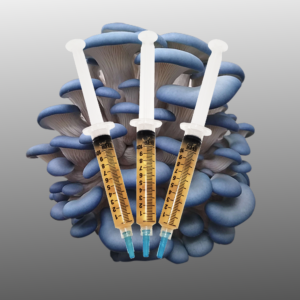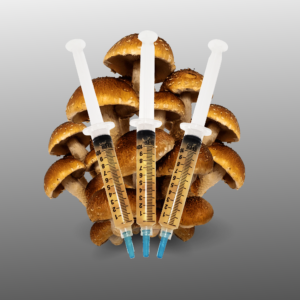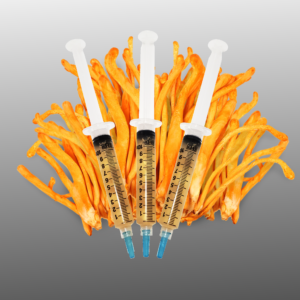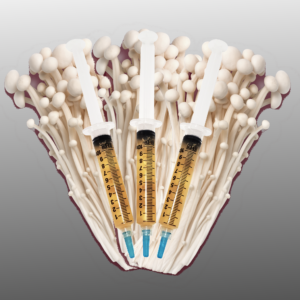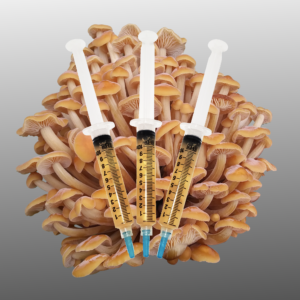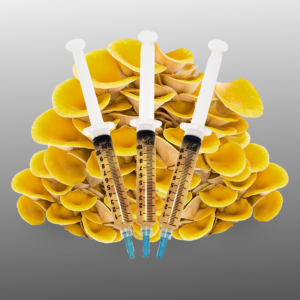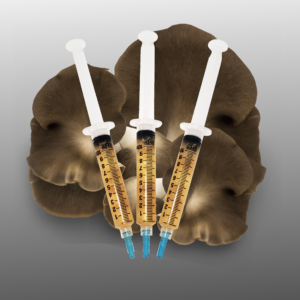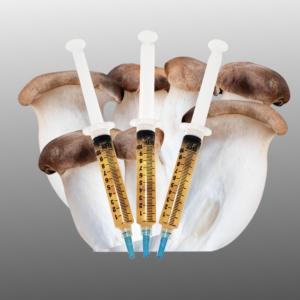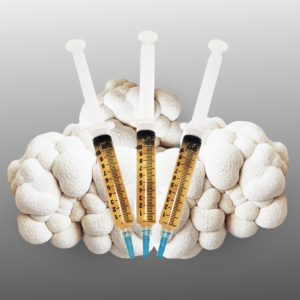Spores and seeds are both reproductive structures produced by plants and certain other organisms, but they have distinct differences in terms of their development, functions, and the organisms that produce them. Here are the main differences between spores and seeds:
- Origin and Production:
- Spores: Spores are typically produced by various non-vascular plants (like mosses and ferns), fungi, and some bacteria. They are also produced by some seed plants as a means of asexual reproduction. Spores are usually small, single-celled structures that are produced in large numbers.
- Seeds: Seeds are produced by seed plants (angiosperms and gymnosperms), which are more advanced plants compared to non-vascular plants. Seeds are multicellular structures that develop from the fertilized ovule of a plant. They contain an embryo plant, stored nutrients, and a protective seed coat.
- Structure:
- Spores: Spores are usually single cells that are capable of germinating into new individuals under suitable conditions. They lack the specialized structures that seeds have, such as the embryo and stored nutrients.
- Seeds: Seeds are complex structures composed of an embryo plant, stored nutrients (endosperm or cotyledons), and a protective outer covering (seed coat).
- Development:
- Spores: Spores are produced through a process called sporogenesis, and they are typically dispersed by air or water. Upon germination, a spore can develop into a new individual, although this process often involves a less complex life cycle compared to seed plants.
- Seeds: Seeds develop from the fertilized ovule of a plant, a process called seed formation. They are the result of sexual reproduction and contain the embryonic plant, which can remain dormant until conditions are favorable for germination.
- Reproduction:
- Spores: Spores are often involved in both asexual and sexual reproduction, depending on the organism. They can give rise to new individuals through mitotic division, allowing for rapid colonization of new habitats.
- Seeds: Seeds are primarily involved in sexual reproduction. They are produced through the fertilization of an egg cell by a sperm cell, resulting in genetic diversity and adaptation.
- Nutrient Storage:
- Spores: In many cases, spores do not contain extensive nutrient reserves and rely on external sources of nutrients for growth.
- Seeds: Seeds contain stored nutrients (such as starch or oil) that can sustain the developing embryo as it germinates and establishes itself.
In summary, spores are simple reproductive structures produced by a variety of organisms, including non-vascular plants, fungi, and some seed plants. Seeds are more complex reproductive structures produced by seed plants, containing an embryo plant, stored nutrients, and a protective seed coat. Seeds have evolved as a mechanism to enhance the survival and dispersal of plants in a wider range of environments compared to spores.


